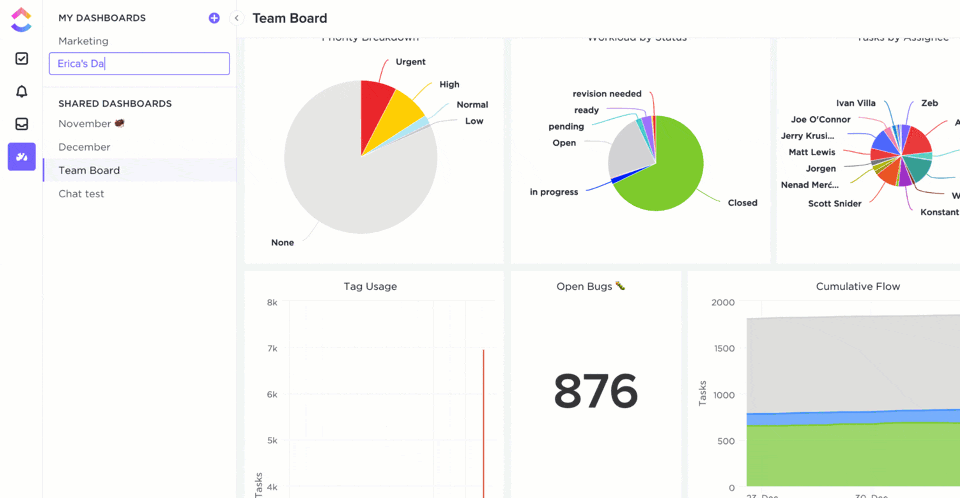“The biggest challenge is how to make this egg extrude half of its chromosomes—and the correct half,” Amato says. “We’re not quite there yet.” The team dubbed their technique “mitomeiosis” and is trying to better understand how chromosomes like to pair and how they segregate in order to find a way to experimentally induce those conditions.
The ability to make eggs and sperm in the lab—called in vitro gametogenesis, or IVG—has been a growing area of research in recent years.
In 2016, a group of Japanese researchers led by stem cell researcher Katsuhiko Hayashi reported that they produced healthy mouse pups after making mouse eggs entirely in a lab dish. Later, they generated mouse eggs using cells from males and as a result, created pups with two dads. Those advancements were achieved by reprogramming skin cells from adult mice into stem cells, then further coaxing them to develop into eggs and sperm.
Mitinori Saitou at Kyoto University first documented in 2018 how his team turned human blood cells into stem cells, which they then transformed into human eggs, but they were too immature to be fertilized to make embryos.
US startups Conception Biosciences, Ivy Natal, Gameto, and Ovelle Bio are all working on making eggs or sperm in a lab.
But the prospect raises significant ethical questions about how the technology should be used. In a 2017 editorial, bioethicists warned that IVG “may raise the specter of ‘embryo farming’ on a scale currently unimagined.” Conceivably, it could allow anyone at any age to have a child. And combined with advances in embryo screening, the fertility clinics of the future could use IVG to make mass numbers of embryos and then choose the ones with the most desirable qualities. Gene editing could also be used with IVG to snip out disease-causing DNA or create new traits.
Amato says it will likely take another decade of research before IVG could be deemed safe or effective enough to be tested in people. Even then, it’s unclear if the technique would be permitted in the US, since a Congressional rider forbids the Food and Drug Administration from considering clinical trials that involve genetically manipulating an embryo for the intention of creating a baby.
“Their method is very sophisticated and well-organized,” Hayashi, now a professor at the University of Osaka, says of the Oregon group’s approach. However, because of the high rate of chromosomal errors, “it is too inefficient and high risk to apply immediately to clinical application.”
Also, because their process requires donor eggs, it could limit its use as an infertility treatment. As IVF becomes more popular, the demand for donor eggs is increasing, and using them can involve wait times.
Amander Clark, a reproductive scientist and stem cell biologist at UCLA who was not involved in the work, agrees that in its current form, mitomeiosis isn’t ready to be used for fertility care. But in the meantime, the research has other uses.
“The technology of mitomeiosis is an important technical innovation and could be highly valuable to our understanding of the biology of meiosis in human eggs. Meiotic errors increase as women age. Therefore, understanding causes of meiotic errors is a critical area of research,” Clark says.











